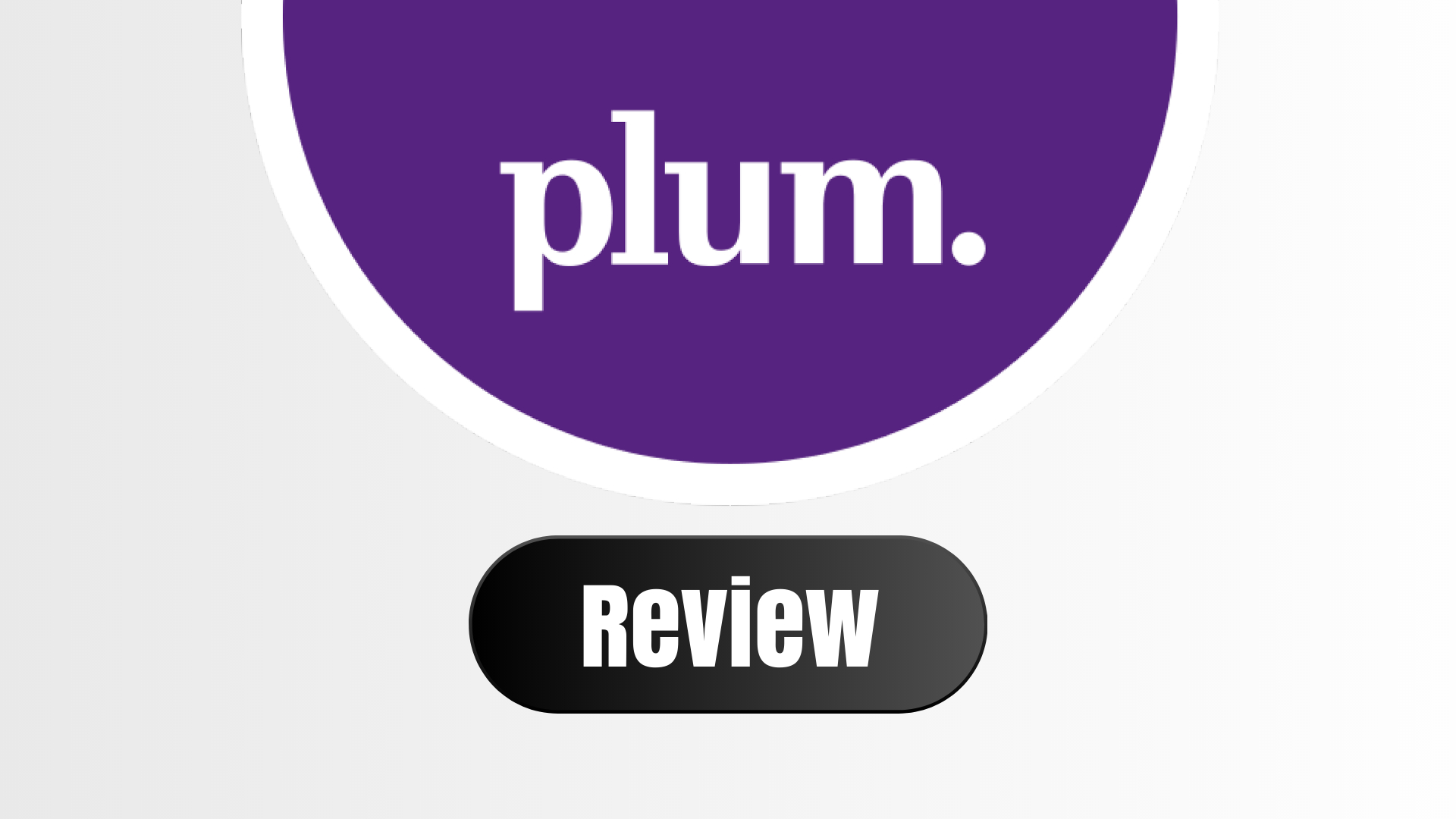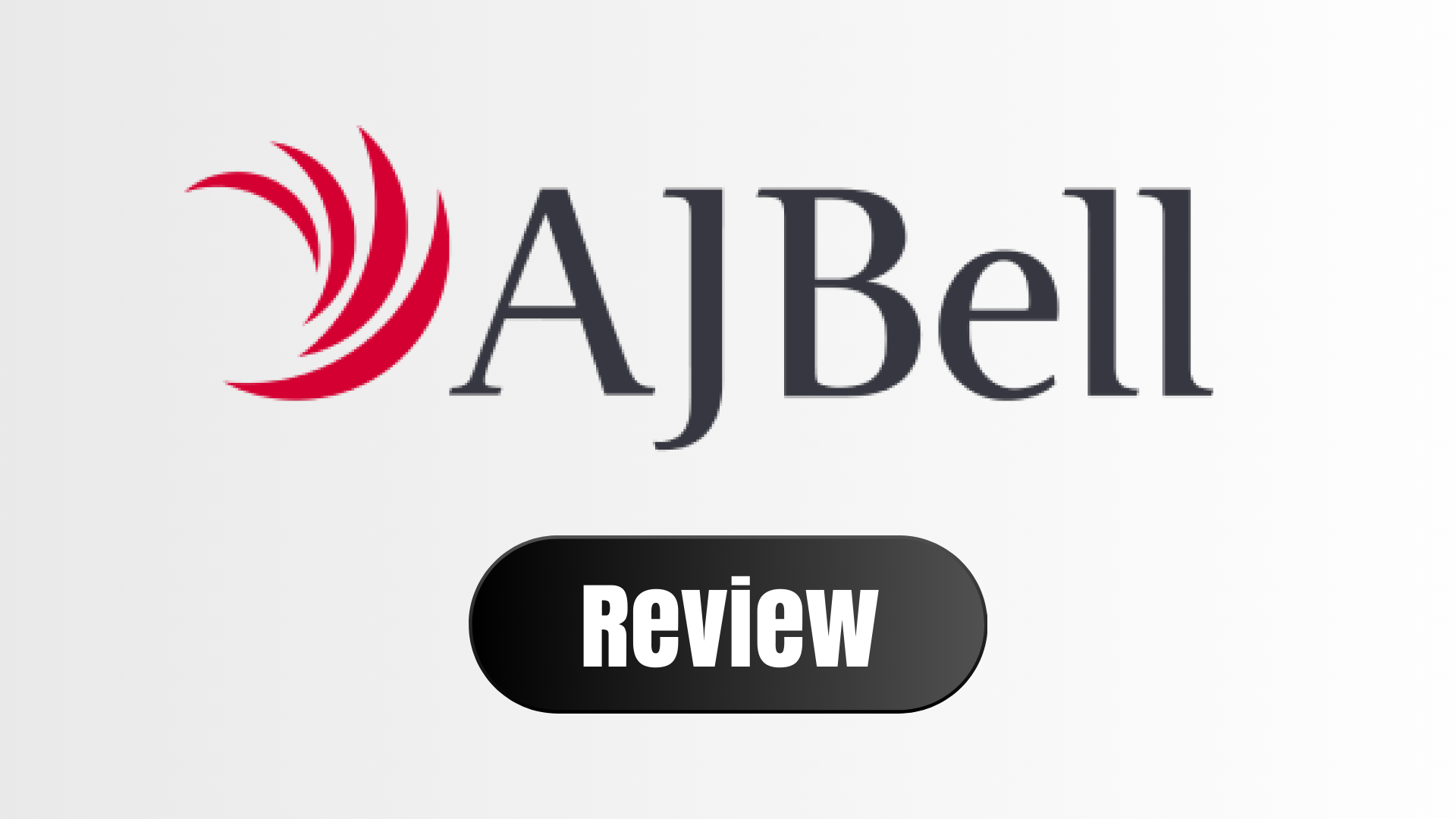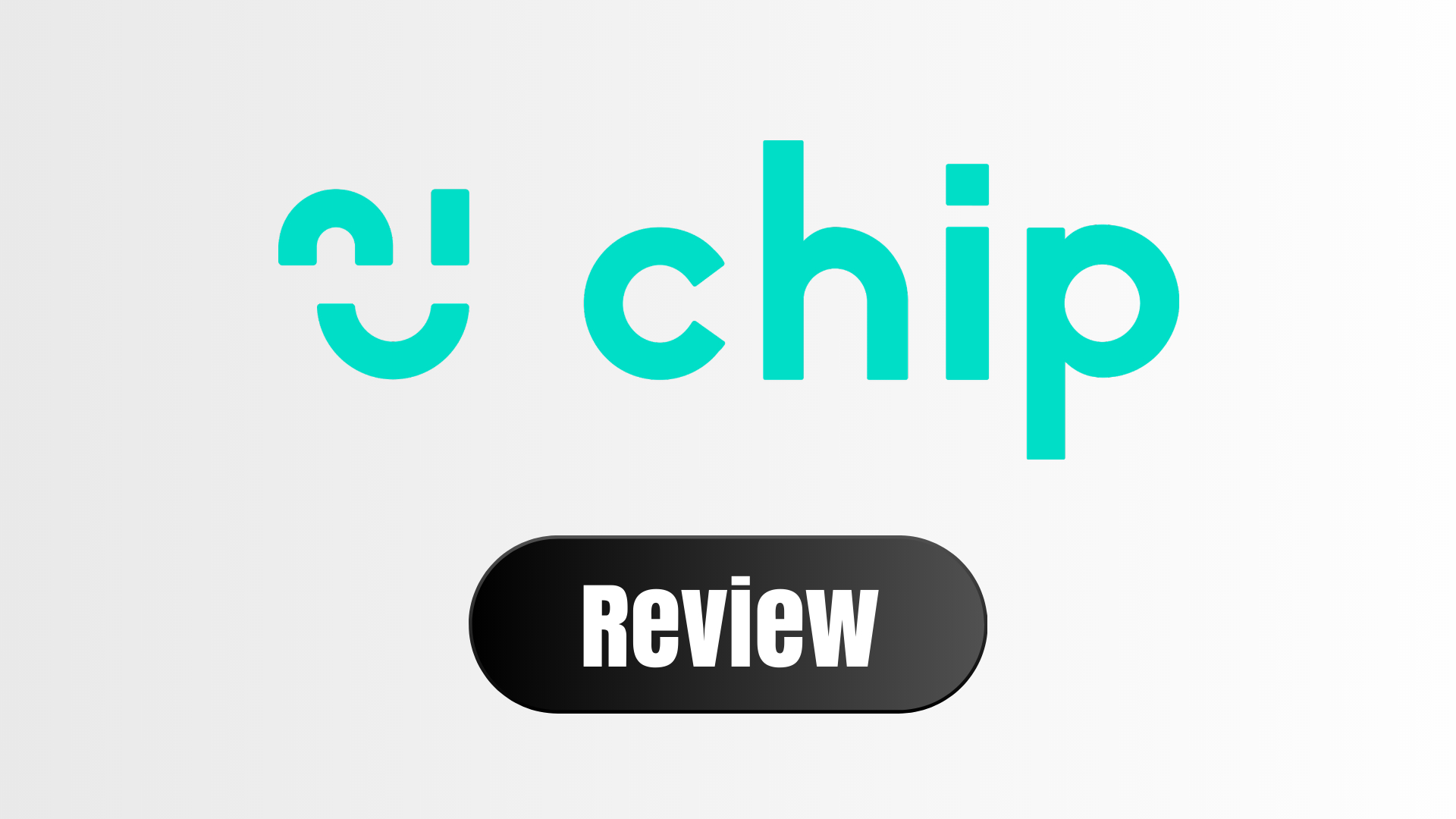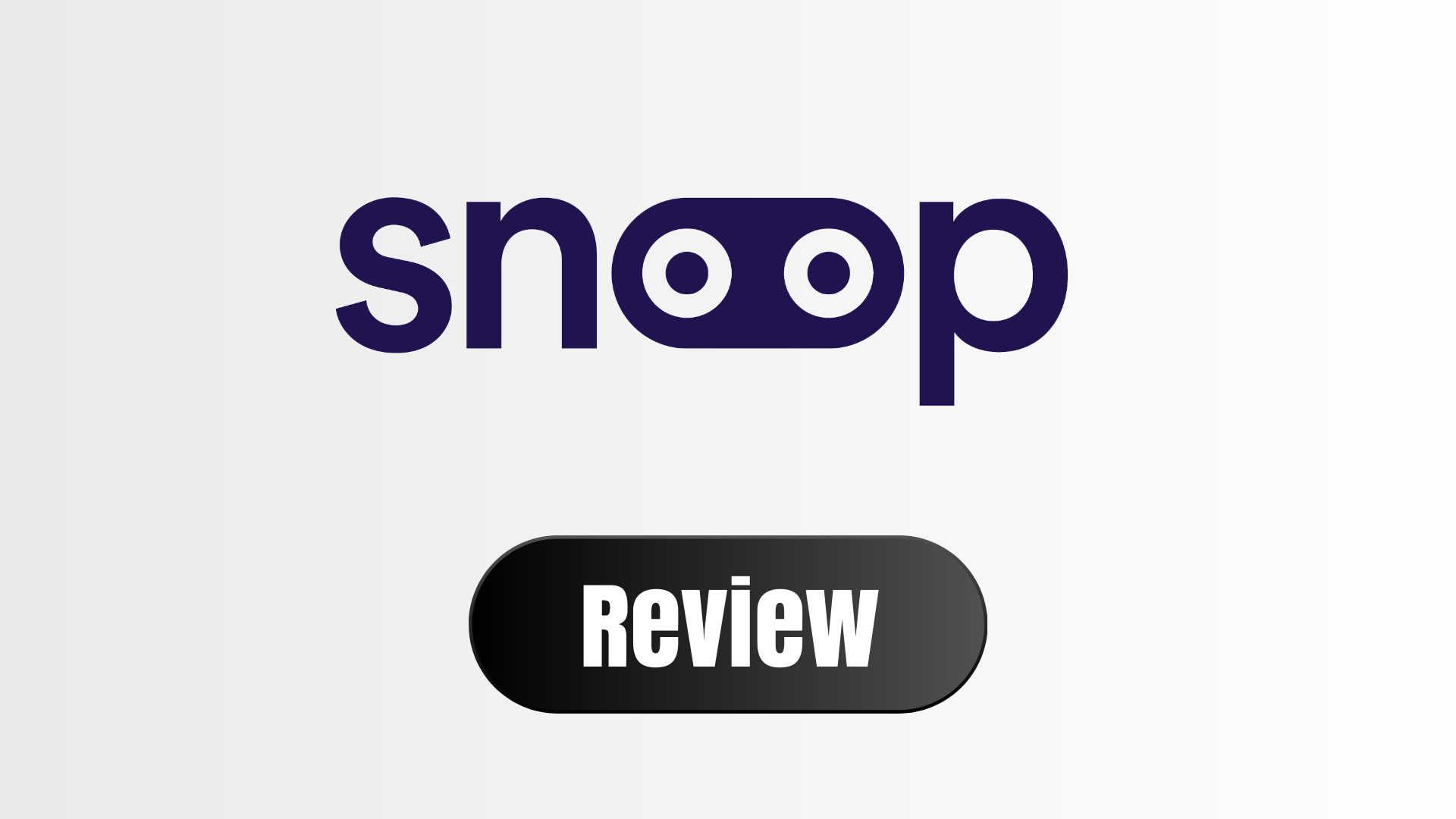Hargreaves Lansdown Review 2024: Pros & Cons
Table of Contents
Founded in 1981 by Peter Hargreaves and Stephen Lansdown, Hargreaves Lansdown has evolved from a modest beginning in Bristol to become a prominent independent financial service provider and asset management specialist in the UK. Boasting a solid reputation and a history of growth, the company has become a FTSE 100 entity, managing over £120 billion in investments for its 1.6 million customers.
Despite its longstanding presence in the financial market, the question of whether Hargreaves Lansdown remains the optimal choice for contemporary investors arises. With an expansive range of financial products and services, including stockbroking, pension products, ISAs, funds, and wealth management, the platform's established pedigree comes with a recognition of higher fees compared to some competitors.
However, it compensates for this with a variety of accounts, diverse investment options, an excellent mobile app, and robust trading features.
Hargreaves Lansdown Account Types and Products Overview
Hargreaves Lansdown stands out as a comprehensive wealth manager, offering a diverse range of account types and financial products.
Positioned as a potential one-stop solution for savings and investments, Hargreaves Lansdown caters to various needs, including investing and pension accounts for children. The array of accounts available encompasses:
- General Investment Account (GIA): Also known as a fund and share account, offering flexibility with no tax-free benefits.
- Stocks and Shares ISA: A tax-efficient account with a £20,000 annual allowance for the 2023/2024 tax year, providing options for both DIY and ready-made portfolios.
- Lifetime ISA (LISA): Designed for investing in your first home or retirement, with a £4,000 annual allowance and a 25% government bonus.
- Junior ISA (JISA): Aimed at saving for a child's future, allowing tax-free earnings with an annual allowance.
- Self-Invested Personal Pension (SIPP): Empowering individuals to make their own investment decisions for retirement, with a maximum contribution of £40,000 for UK residents under 75.
- Junior SIPP (JSIPP): Similar to JISA but tailored for retirement savings, with a government 20% tax relief.
- Active Cash Savings Account: Facilitates interest on cash savings, offering hassle-free switching to new savings accounts with competitive rates.
- Business Account: Tailored for business needs, providing financial solutions for enterprises.
- Interest on Cash Balances: A feature enhancing the value proposition for cash savings within the platform.
Hargreaves Lansdown offers ISAs with different allowances, including £20,000 for Stocks and Shares ISA, £4,000 for Lifetime ISA, and an annual allowance for Junior ISA. The platform also provides pensions solutions, including SIPPs and Junior SIPPs for retirement planning.
Additionally, retirement options such as annuity and drawdown are available. The platform extends its services to fund and share accounts, active savings, CFDs and spread betting for advanced investors, but it does not support cryptocurrency trading.
In summary, Hargreaves Lansdown presents a comprehensive suite of accounts and products, catering to a wide spectrum of financial goals and preferences.
Hargreaves Lansdown Fees Overview
Navigating Hargreaves Lansdown's fee structure can be intricate, with costs varying based on account types and investment choices.
1. Account Costs:
- An annual account fee of 0.45% on the invested amount, with nuances for traditional fund investments.
- Traditional fund costs range from 0.45% to 0%, dependent on investment amounts.
2. Spread Fee:
- Applied universally to investments, averaging around 0.07% for funds.
3. Stocks & Shares Costs:
- A flat 0.45% account fee, capped at £45 per year.
- Dealing fees for individual shares or ETFs with rates of £11.95, £8.95, and £5.95 based on the number of trades.
- Additional costs for phone trading, regular investments, and stamp duty on UK stocks.
4. Platform Fees for Different Accounts:
- General Investment Account (GIA): No platform fee.
- Stocks and Shares ISA: 0.45% account fee, capped at £45 per year.
- SIPP/Junior SIPP: 0.45% account fee, capped at £200 per year.
- Lifetime ISA: 0.25% account fee, capped at £45 per year.
- Junior ISA: No platform fee.
5. International Investing:
- A 1% FX fee for foreign exchange transactions.
6. Active Savings Account:
- No fees associated with using the service.
7. CFDs & Spread Betting:
- Available through IG with separate fee structures.
8. Crypto:
- Hargreaves Lansdown does not support cryptocurrency trading.
Hargreaves Lansdown's fee structure, though comprehensive, may not suit all investor profiles. While certain account types and fund investments offer good value, the relatively high dealing fees and additional charges might impact the cost-effectiveness for frequent traders or those focusing on individual shares. Investors are advised to carefully consider their investment strategy and preferences to assess the impact of fees on overall returns.
Is it safe?
Yes, Hargreaves Lansdown is considered safe for investors. Here are the key points supporting its safety:
- Regulation: Hargreaves Lansdown is regulated by the Financial Conduct Authority (FCA) , a reputable regulatory body. This regulatory oversight ensures that the company operates within established financial rules and standards.
- Financial Services Compensation Scheme (FSCS): Your money with Hargreaves Lansdown is protected by the Financial Services Compensation Scheme (FSCS) . In the event that Hargreaves Lansdown faces financial difficulties, the FSCS provides compensation of up to £85,000 per individual, ensuring that your funds are safeguarded.
- Separate Trust Account: Hargreaves Lansdown holds your money in a separate trust account. This means that the company cannot access your funds for its own operations, providing an additional layer of protection for your investments.
- Public Company: Hargreaves Lansdown is a publicly traded company on the FTSE 100. Being a public company often implies a higher level of scrutiny and transparency, contributing to the overall trustworthiness.
Customer Review
Hargreaves Lansdown receives positive customer reviews, earning a Trustpilot rating of 4.1/5 and a user review score of 4.3/5.
On Trustpilot, with over 8,900 reviews as of January 2024, Hargreaves Lansdown maintains a score of 4.1/5, indicating a "great" rating. This is particularly noteworthy for a traditional finance company, as such firms often struggle to achieve high customer satisfaction scores.
Advantages of Hargreaves Lansdown
- Exceptional customer service.
- Established and reliable brand reputation.
- Diverse range of ready-made portfolios available.
- Outstanding website and app functionality.
- Excellent customer service.
- Comprehensive research tools.
- No charges for Junior ISA.
- Reduced fees applicable for Lifetime ISA.
Drawbacks of Hargreaves Lansdown
- Higher trading fees for shares compared to competitors.
- Lack of live chat support.
- Elevated fees for stock trading and ETFs.
- Interface is less modern compared to rival platforms.
Conclusion
In summary, Hargreaves Lansdown is recognized as a reputable and historically successful investment platform. However, it is acknowledged that the platform comes with a premium cost, making it relatively expensive.
The platform is praised for its impressive customer service, extensive history, and overall reliability. Despite the higher fees, it is considered a great option for experienced investors with substantial sums of money to invest, especially given its track record and customer service quality.
For investors with portfolios up to £100,000, Hargreaves Lansdown is competitively priced, although those with larger portfolios may find Interactive Investor to be a cost-effective alternative. The platform's Active Savings service is highlighted as an attractive feature for those looking to maximize returns on cash savings. While the platform has received positive industry recognition, caution is advised when relying on investment platform best-buy lists.
Opening an account is quick and convenient, allowing investors to start with as little as £25 per month. For those considering alternatives, explore our reviews on eToro and FreeTrade for a well-rounded comparison in the investment space.
Overall, Hargreaves Lansdown is viewed favorably, but investors are encouraged to explore alternatives based on their specific goals and preferences.





